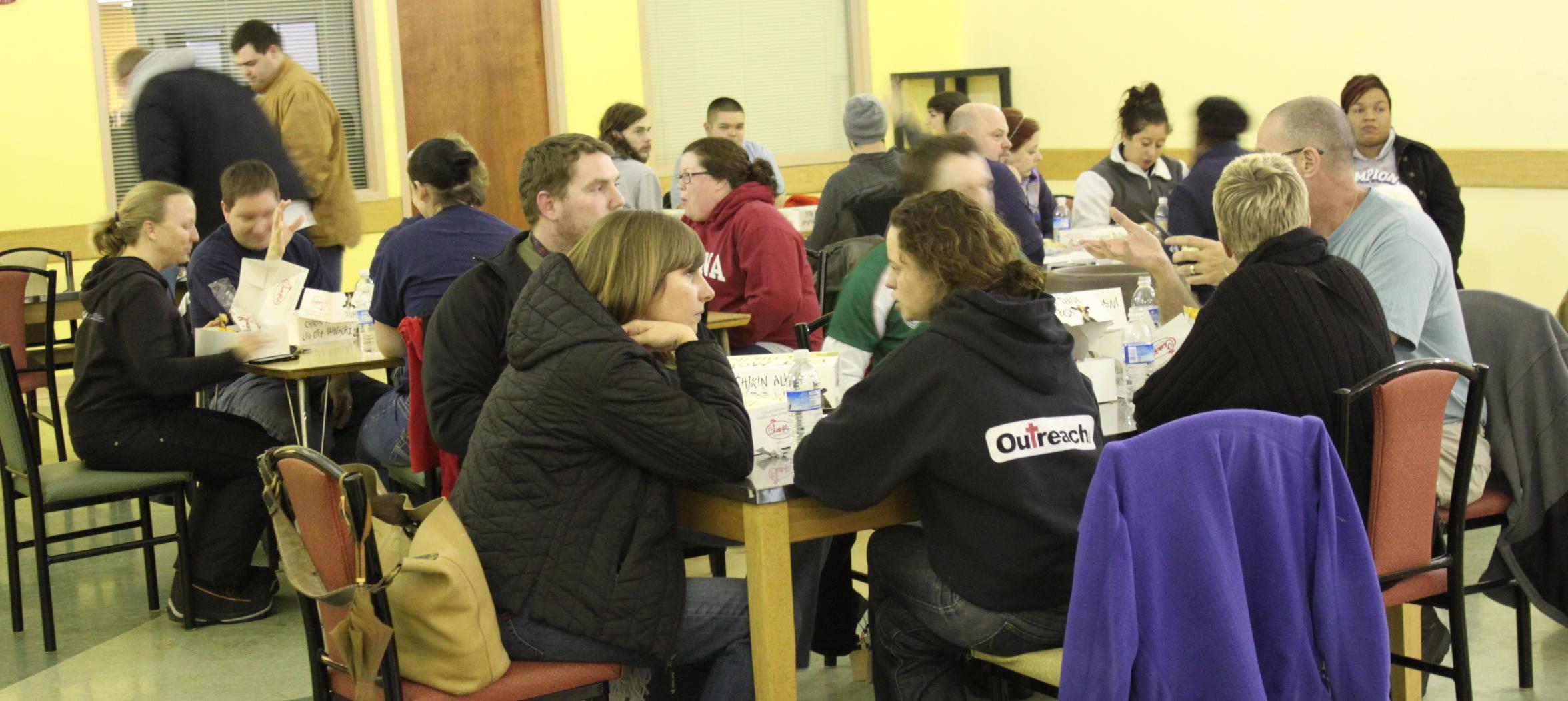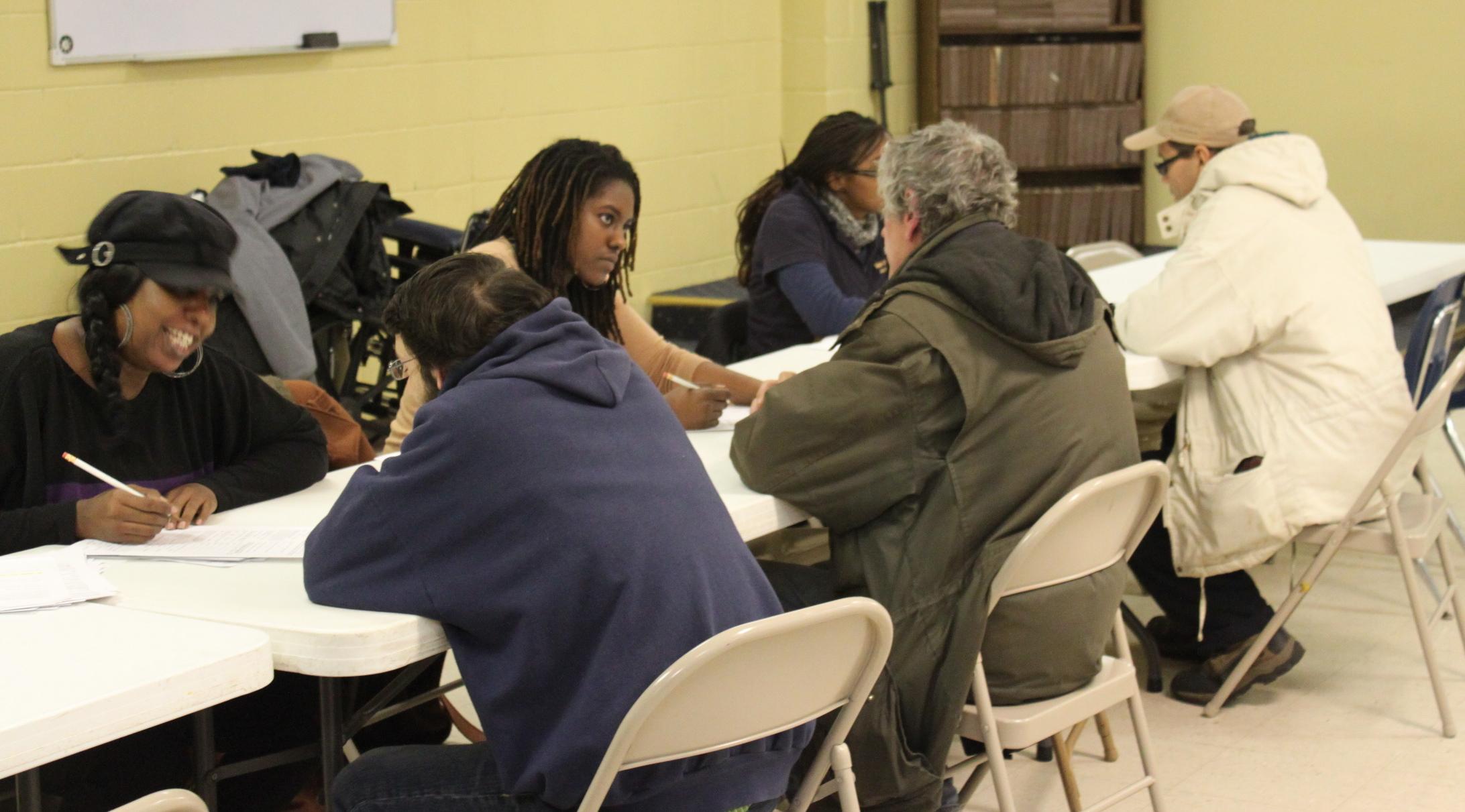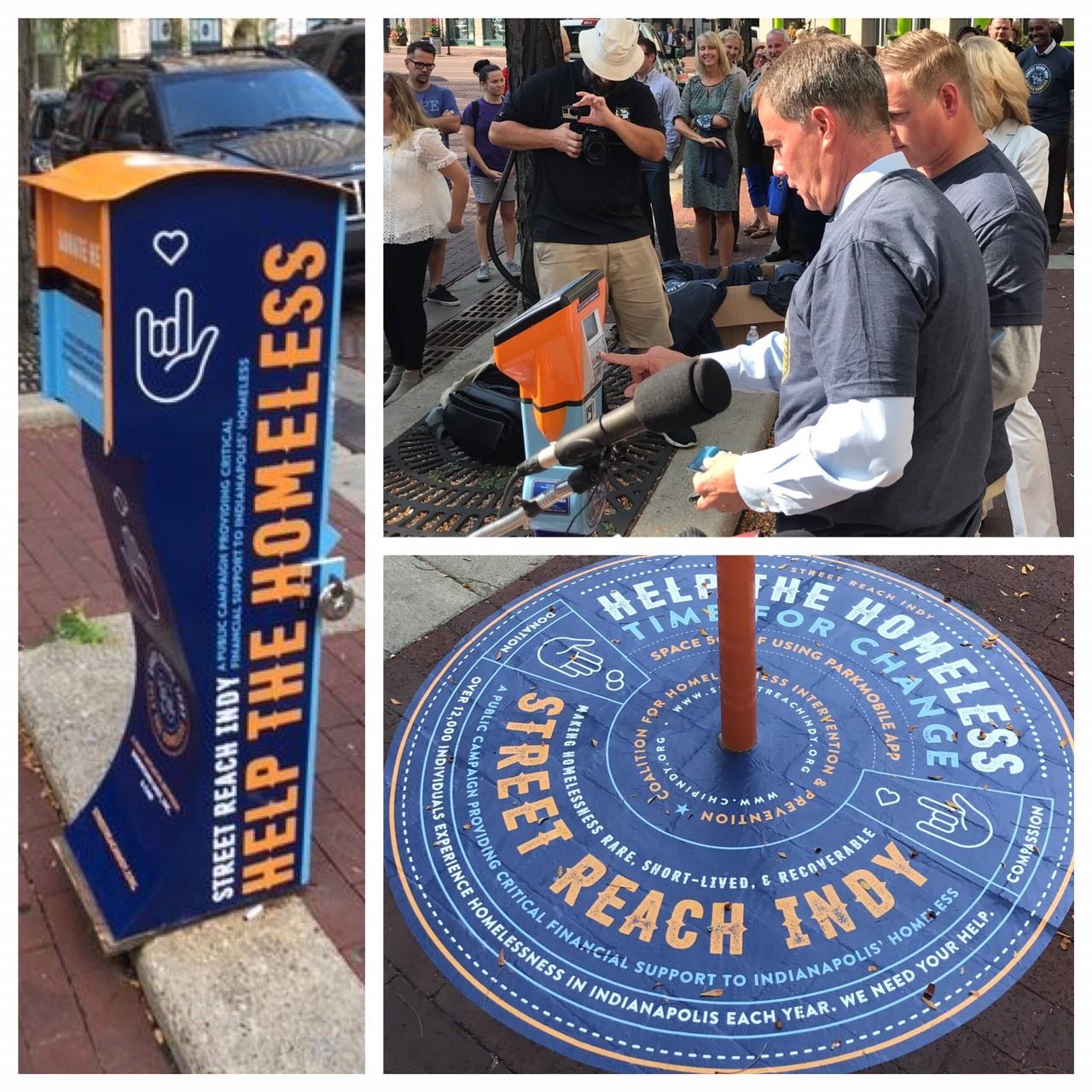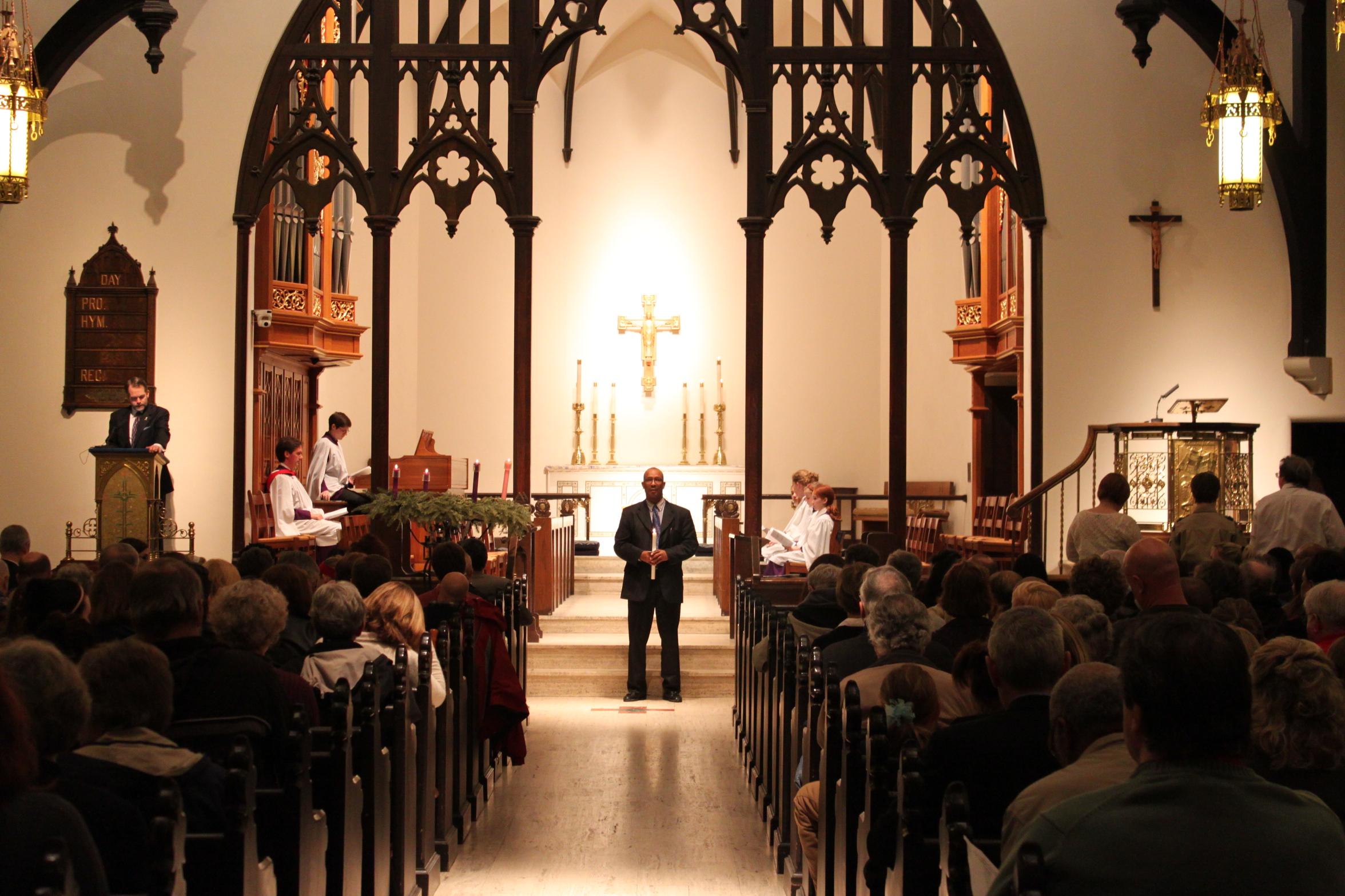In 1988, a volunteer coalition of individuals, agencies, churches, and business representatives formed the Homeless Network of Indianapolis, Inc. (HNI), a not-for-profit organization that developed and coordinated programs for the city’s homeless. HNI accomplished this work without an official office space, paid staff, or many financial resources.

By 1995, the need for a staffed, homeless advocacy organization in the city became apparent to city stakeholders. Revelations of a months-long community planning effort that the spearheaded and the and funded were published in Linkages: A Strategy for Employment and Housing, released in January 1996.
Among other things, Linkages recommended the creation of the Coalition for Homelessness Intervention and Prevention (CHIP). This organization, successor to the Homeless Network of Indianapolis, would serve as a planning, research, advocacy, and coordinating group.

In late October 1996, Dan Shepley joined as its first executive director and staff member. An administrative assistant joined the organization two months later. The Lilly Endowment, Indianapolis Foundation, and United Way of Central Indiana provided initial funding for this group’s work.
CHIP’s first year in operation featured three new initiatives. They included the annual Homeless Persons’ Memorial Service to remember deceased individuals who had experienced homelessness, the launch of training and technical assistance to support capacity and skill-building needs of CHIP’s partners, and the implementation of an annual Point-in-Time (PIT) Homeless Count to identify the number of individuals experiencing homelessness.

In 1999, CHIP helped develop the first “Blueprint to End Homelessness,” a roadmap for the community, created with input from more than 450 individuals. The first Handbook of Help was released three years later. Published annually, this resource guide includes a listing of services available to individuals in Indianapolis who may be homeless or at risk of homelessness.
The Street Outreach and Triage Services project was launched in 2005. This project eventually expanded to include Street Reach Indy, a community fund that homeless service providers can access on behalf of their clients to help them overcome barriers to housing.

CHIP established the Blueprint Council and Indianapolis Continuum of Care (CoC) structure in 2011. CoC is a collaborative and engaged coalition of public and private agencies and individuals that take a comprehensive approach to addressing homelessness by providing a continuum of housing programs and services, including outreach, intake, and assessment; prevention and diversion; emergency shelter; permanent housing; and system-wide planning initiatives. The Blueprint Council, the governing board of CoC, oversees the coalition’s work.
In 2014, CHIP opened the Albert G. and Sara I. Reuben Engagement Center at 746 East Market Street. Operating as part of the City of Indianapolis’ Office of Public Health and Safety, the Reuben Engagement Center provides shelter, case management, mental health evaluations, and housing referrals to individuals experiencing homelessness who have substance abuse disorder and/or mental health diagnoses.
The Coalition for Homelessness Intervention and Prevention continues to oversee a system-wide, community response to make homelessness rare, short-lived, and recoverable. Financial contributions to the organization help CHIP secure funding for housing and services, manage and analyze data collected by providers, advocate for policy change at the local and national levels, and support community partners.

Help improve this entry
Contribute information, offer corrections, suggest images.
You can also recommend new entries related to this topic.